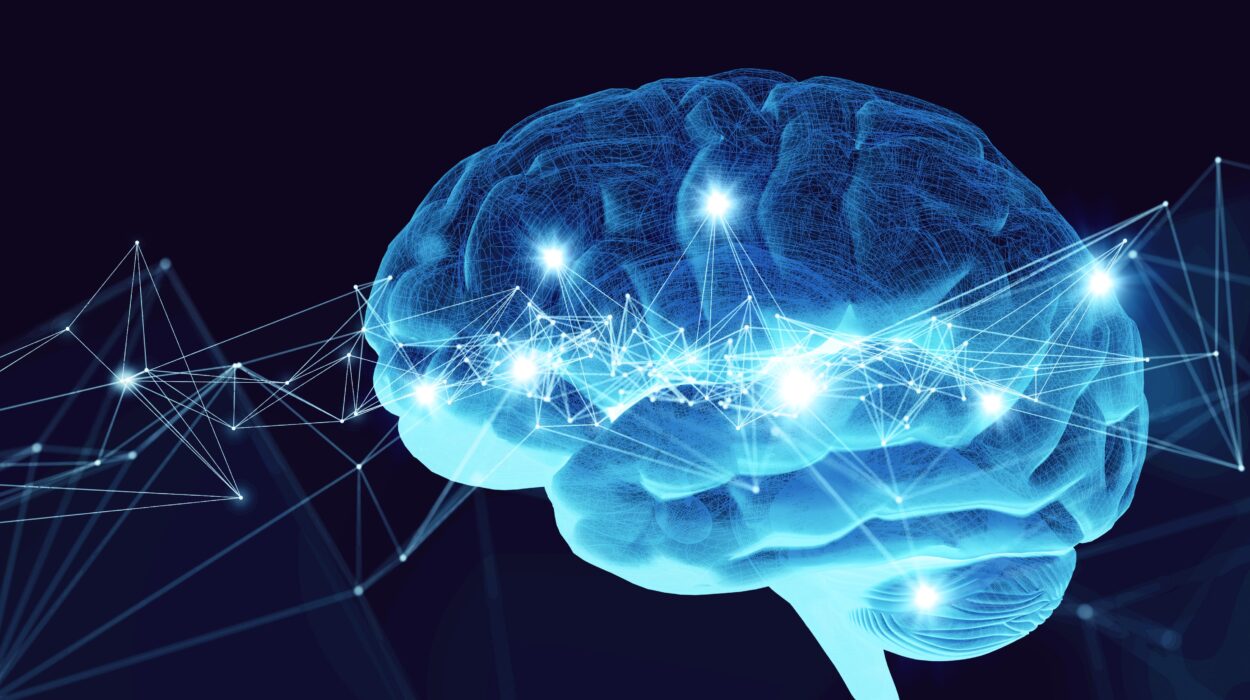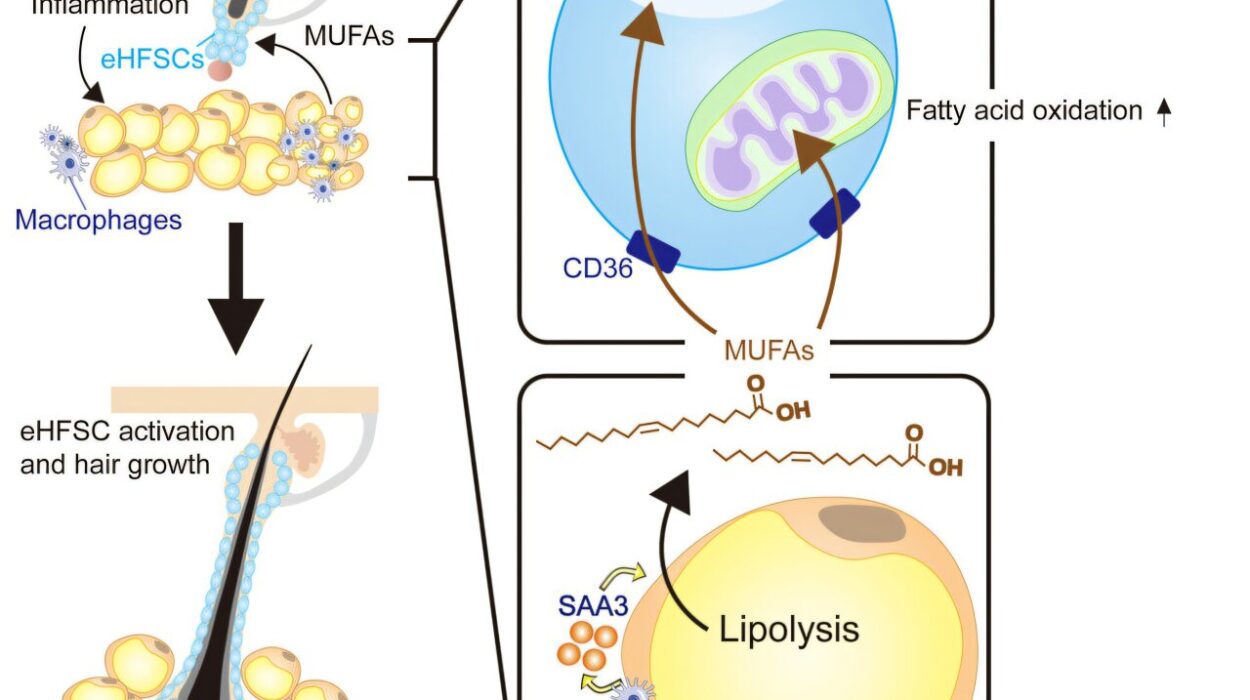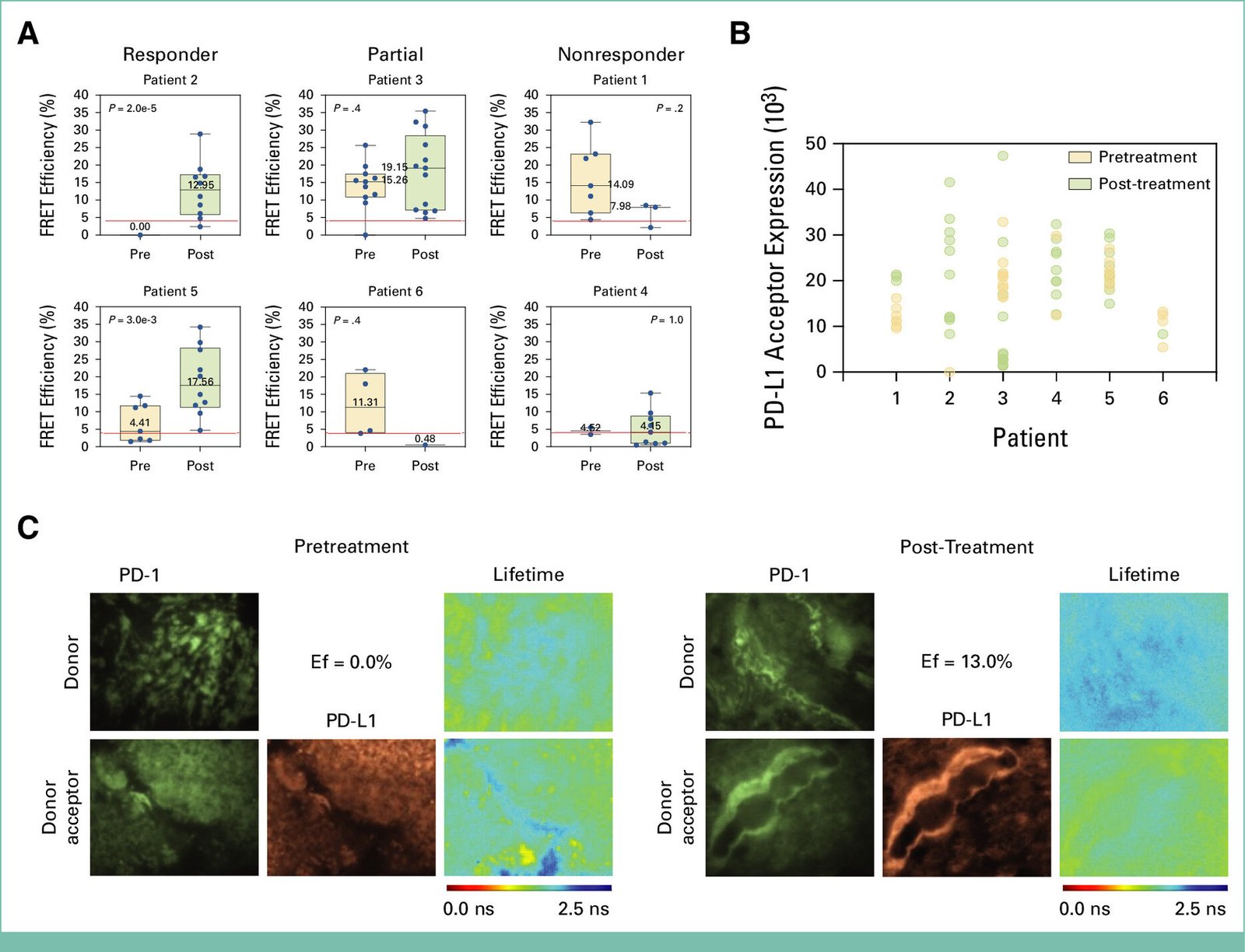Social interactions are not just important for emotional well-being; they also play a significant role in maintaining physical health. A groundbreaking study conducted by researchers from the UK and China has uncovered how relationships with family and friends may boost the immune system and reduce the risk of life-threatening conditions like heart disease, stroke, and type 2 diabetes. These findings, published in Nature Human Behaviour, provide compelling biological evidence for the health benefits of staying socially connected.
In an increasingly interconnected world, paradoxically, many people experience social isolation and loneliness. These two states have long been associated with poorer health outcomes and even early mortality. However, the biological pathways through which social interactions influence health have remained largely unknown. To bridge this gap, scientists turned their focus to proteins, essential biological molecules that govern many bodily functions and hold the key to understanding disease mechanisms.
The research utilized data from the UK Biobank, a vast biomedical database. By examining blood samples from over 42,000 adults aged 40 to 69 years, the team analyzed the proteomes, or the complete set of proteins found in these individuals. Proteins are crucial for maintaining physiological functions, and they serve as indicators of health, as well as potential targets for new therapies. By focusing on the presence and levels of proteins, the researchers identified patterns correlating social isolation and loneliness with specific biological markers of disease.
Social isolation and loneliness, though often used interchangeably, represent different phenomena. Social isolation is an objective state characterized by a lack of social interactions, such as living alone or not participating in social activities. In contrast, loneliness is subjective and relates to a person’s perception of being socially disconnected or emotionally unfulfilled. The study calculated individual scores for both conditions to pinpoint their specific health effects.
Upon analyzing the proteomes, researchers identified 175 proteins associated with social isolation and 26 proteins linked to loneliness. Interestingly, there was a substantial overlap: approximately 85% of proteins tied to loneliness were also observed in social isolation. Many of these proteins are activated during inflammation or immune responses and are associated with serious conditions like cardiovascular disease, diabetes, and stroke.
The findings were further strengthened using a statistical technique known as Mendelian randomization, which allowed the scientists to identify causal links between loneliness or isolation and specific proteins. This analysis singled out five proteins, including ADM and ASGR1, which showed increased abundance due to loneliness.
Among these proteins, ADM emerged as a central player. This protein is known to regulate stress responses and interacts with oxytocin, a hormone that fosters positive emotions and social bonding. Higher levels of ADM were found to correlate with smaller brain volumes in key areas like the insula and the left caudate, which are critical for emotional regulation and social behavior. Elevated ADM levels were also associated with a higher risk of early death.
Another key protein, ASGR1, is linked to higher cholesterol levels and increased cardiovascular disease risk. Other proteins identified in the study contribute to health problems such as insulin resistance, artery hardening, and cancer progression, providing further evidence of the physiological toll of loneliness and isolation.
Lead researchers underscored the implications of their findings. Dr. Chun Shen from the University of Cambridge highlighted the discovery of specific proteins that directly link social isolation and loneliness to health deterioration. According to Shen, this work provides critical biological insight into why social relationships significantly influence physical health.
Professor Jianfeng Feng from the University of Warwick emphasized how emerging technologies like artificial intelligence and advanced proteomics are revolutionizing our understanding of human health. By analyzing thousands of proteins, scientists can pinpoint biological markers that not only explain health outcomes but also pave the way for new preventive measures, diagnostic tools, and treatments.
The findings also reflect broader societal concerns. Professor Barbara Sahakian from the University of Cambridge noted the increasing prevalence of loneliness across all age groups, emphasizing the World Health Organization’s classification of social isolation and loneliness as a global public health crisis. She stressed the urgent need for effective interventions to foster social connections and address this growing problem.
The insights provided by the study are particularly timely, given that modern lifestyles often diminish opportunities for meaningful social interactions. With rising rates of urbanization, technological immersion, and the aftereffects of social distancing measures during pandemics, the sense of social disconnection is becoming more pronounced. The study acts as a stark reminder of the physical ramifications of these changes, making a compelling case for prioritizing social relationships as part of public health strategies.
The research does more than just identify correlations; it provides actionable insights for improving health outcomes. Public health initiatives could use this evidence to promote community-building activities, improve mental health support systems, and create opportunities for individuals to engage socially. On an individual level, the findings reinforce the importance of maintaining relationships with friends and family as a vital part of one’s health regime.
The proteins identified in the study also hold promise for medical advancements. Targeting proteins like ADM and ASGR1 may lead to innovative treatments for conditions exacerbated by social isolation. These biological markers could serve as tools for early detection of loneliness-related health risks, allowing clinicians to intervene before irreversible damage occurs.
This research sheds light on the intricate interplay between social dynamics and biological health. It emphasizes that human beings are inherently social creatures, and our well-being is deeply intertwined with our ability to connect and interact with others. While eating healthily, exercising, and avoiding harmful habits remain essential for preventing chronic diseases, this study reveals that fostering social bonds is equally crucial for a healthy and fulfilling life.
Reference: Plasma proteomic signatures of social isolation and loneliness associated with morbidity and mortality, Nature Human Behaviour (2025). DOI: 10.1038/s41562-024-02078-1






